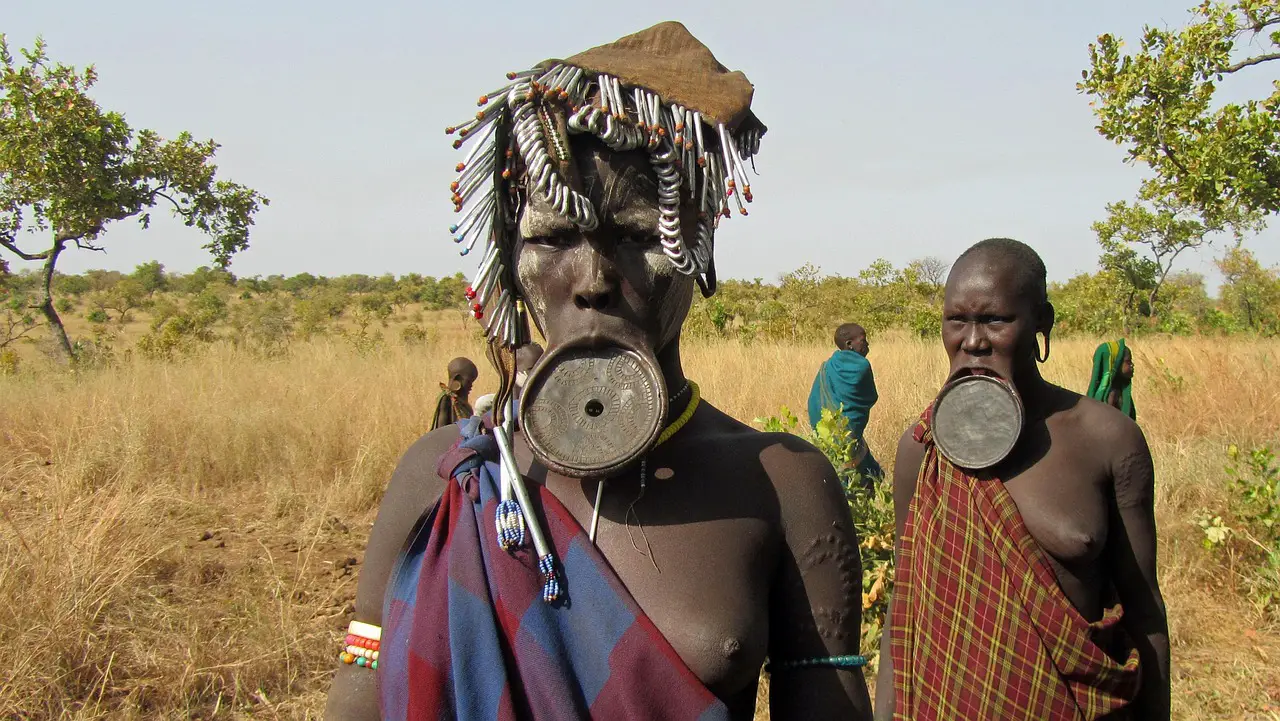In the shadow of the Military-Industrial Complex, a little-noticed form of cultural appropriation is taking place: The co-opting of ancient Indigenous survival knowledge for military purposes. This indigenous knowledge, developed over millennia, is now being used by militaries and survival schools without adequate recognition or compensation. An ethical consideration.
What is the Military-Industrial Complex?
The term Military-Industrial Complex (MIC) describes the symbiotic relationship between the military, the arms industry, and political decision-makers. Less known, however, is its role in the appropriation of indigenous knowledge.
- Definition: Eisenhower coined the term in 1961
- Actors: Military, defense contractors, research institutes
- Interests: Knowledge acquisition for military superiority
- Method: Systematic use of traditional knowledge
Historical Dimension: Colonial Roots
The appropriation of indigenous knowledge has deep historical roots in colonial practices.
- Early Examples: Scout systems in colonial armies
- Knowledge Transfer: Survival techniques in unfamiliar terrain
- Later Use: Guerrilla tactics and survival strategies
- Modern Continuation: Bioprospecting and technical innovations
Areas of Knowledge Appropriation
Survival Techniques and Long-Range Reconnaissance Tactics
Military survival training is largely based on indigenous survival techniques.
- Tracking: From San hunters and trappers
- Plant Knowledge: Edible and medicinal plants
- Weather Prediction: Traditional weather signs
- Orientation: Navigation without technical aids
Combat Techniques and Tactics
Modern military tactics integrate elements of indigenous warfare.
- Guerrilla Warfare: From various indigenous peoples
- Camouflage: Natural camouflage techniques
- Psychological Warfare: Traditional intimidation tactics
Medical Knowledge
Traditional Native American medicine finds application in military medical training schools.
- Plant Medicine: Wound treatment and pain relief
- Traditional Healing Practices: Also in field hospitals
- Mental Health: Traditional coping strategies
Case Studies: Concrete Cases of Appropriation
The Navajo Code Talkers
During World War II, the US military used the Navajo language for encrypted communication.
- Background: Language as a natural code
- Military Benefit: Unbreakable communication
- Late Recognition: Decades of secrecy
- Ethical Questions: Use without prior consent
Modern Survival Schools
Civilian and military survival trainings commercially market indigenous knowledge.
- Content: Traditional survival techniques
- Marketing: As “modern survival methods”
- Lack of Acknowledgment: Origin is often obscured
- Commercialization: Profit without involvement of source cultures
Ethical Implications and Problems
Lack of Compensation and Recognition
The commercial and military use mostly occurs without adequate remuneration.
- Economic Value: Knowledge as a free resource
- Legal Gaps: Lack of protection for traditional knowledge
- Power Imbalance: Unequal bargaining power
Cultural Dispossession
The separation from cultural context leads to misunderstandings and misuse.
- Decontextualization: Techniques without cultural meaning
- Spiritual Misuse: Sacred knowledge for profane purposes
- Distortion: Incomplete or false representation
Legal Frameworks and Protection Mechanisms
The protection of traditional knowledge is legally complex and fragmented.
- UN Declaration: Rights of Indigenous Peoples (2007)
- National Laws: Varying degrees of protection
- Intellectual Property: Inadequate patent laws
- Practical Implementation: Difficult enforcement
Military Research and Bioprospecting
Military interest in indigenous knowledge extends beyond survival techniques.
- Pharmaceutical Research: Traditional medicine as a basis
- Materials Science: Traditional technologies
- Nutrition: Traditional food sources
- Psychological Warfare: Traditional strategies
Indigenous Perspectives and Resistance
More and more indigenous communities are resisting unethical appropriation.
- Self-Determination Movement: Control over their own knowledge
- Documentation Projects: Their own archiving
- Legal Action: Lawsuits and political pressure
- Educational Initiatives: Their own teaching on their own terms
Ethical Alternatives and Fair Cooperation
There are ways for ethical collaboration between the military and indigenous communities.
- Prior Informed Consent: Before use
- Community-Based Research: Indigenous participation
- Fair Benefit-Sharing: Adequate compensation
- Cultural Sensitivity: Respect for spiritual aspects
The Role of Survival Schools and Outdoor Education
Civilian survival trainings often reproduce military practices of knowledge appropriation.
- Commercialization: Profiting from traditional knowledge
- Transparency: Disclosure of cultural sources
- Giving Back: Supporting source communities
- Ethical Guidelines: Code of conduct for providers
Future Perspectives and Solutions
The future of knowledge use requires new models of collaboration.
- International Agreements: Stronger legal protection
- Indigenous Leadership: Self-determination in knowledge matters
- Education and Sensitization: Raising awareness
- Ethical Guidelines: For military and research
Frequently Asked Questions
Is every use of indigenous knowledge problematic?
No, the manner of use is crucial: Respectful cooperation with consent and benefit-sharing is ethically acceptable.
What can individuals do?
Raise awareness, acknowledge indigenous sources, prefer ethical providers, and support political initiatives.
Are there positive examples of collaboration?
Yes, some projects show that fair cooperation with mutual respect is possible, for example in joint environmental projects.
Conclusion: Paths to Ethical Knowledge Use
The appropriation of indigenous knowledge by the Military-Industrial Complex raises profound ethical questions. While the survival knowledge of Indigenous Peoples represents an invaluable asset for humanity, its use must not come at the expense of the source communities.
The solution lies not in isolation, but in developing ethical frameworks that guarantee self-determination, fair compensation, and cultural integrity. Only through respectful partnership can the rich heritage of indigenous knowledge be preserved and used responsibly for future generations.
Want to learn more about ethical issues related to indigenous cultures? Explore our articles on cultural appropriation, traditional knowledge, and modern challenges!

